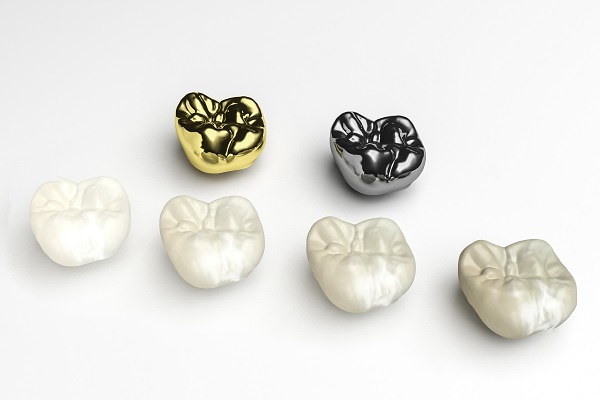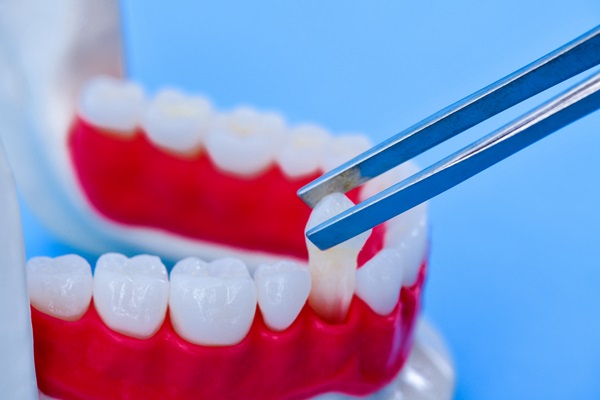Dental Crowns to Protect Your Tooth

If you've been told you need dental crowns or want to know more about them, here's an explanation of what they are and how they're used to protect your tooth from damage caused by decay, injury, or other factors. The following article provides some information about the materials used to make crowns and their benefits over different types of dental restorations.
What are dental crowns?
A crown is a covering that surrounds and protects a damaged tooth. Crowns can be made of porcelain, gold, or other material (depending on your needs) and are bonded onto your tooth. In addition to being highly effective at protecting your teeth from further damage, it also strengthens weakened teeth.
How do they protect your tooth?
Crowns protect teeth by covering and strengthening weak, damaged, or injured teeth. A crown is a custom-made cap that fits over your tooth, helping prevent further deterioration. It's like a protective hat for your tooth!
What material is used to make them?
Crowns are made from porcelain and metal alloys such as zirconia, gold, and silver. These metals are usually covered in resin and shaped into place by taking an impression of your natural teeth and sending it off for processing with dentists' equipment that uses pressurized air technology.
Porcelain and metal alloys used in dental crowns are usually covered in resin colored with pigments. The color can range from natural tooth colors like white and pink to blue or black.
What are the benefits?
Crowns allow you to keep your natural teeth for as long as possible. Crowns can cover any part of a tooth, from just the root and top to an entire chewing surface. In addition, some crowns are strong enough to be used in place of several natural teeth. The biggest benefit of a crown is that they are strong enough to last many years and protect your natural teeth from additional decay or trauma. Plus, they look just like your natural teeth!
Will I need more than one visit to get my crown?
Depending on your situation and the materials used, more than one visit may be necessary. The first one is an impression appointment where your dentist will take a mold of your mouth and teeth so that they can create your new crown later. If you go with a traditional dental lab route, it could take multiple weeks for your permanent crown to be finished before you come back for a second appointment. Your dentist will file down any rough edges and fit them into place permanently.
Contact your dentist
Consult your dentist before your procedure to know what materials are used and the expected timeline. Both factors will affect the price you'll be paying. Be prepared to ask questions to ensure that you have a clear understanding of the treatment plan moving forward.
Request an appointment here: https://www.drpainless.com or call Red Cliffs Dental at (435) 465-4002 for an appointment in our St. George office.
Check out what others are saying about our dental services on Yelp: Dental Crowns in St. George, UT.
Recent Posts
When getting a dental crown, you might wonder how many visits you need to make before you can get the restoration. Usually, you can expect to have around two office visits to complete the process. There are several steps involved, so you might want to understand each one a bit better. Keep reading to learn…
There is a lot to think about when it comes to dental implants. This tooth-replacement treatment is an effective way to revitalize your smile and restore the ability to chew. The process can take several months, and the recovery can be lengthy. As you learn more about this procedure, you can make the right decision…
Our general dentist recommends brushing with a toothpaste that contains fluoride to give your teeth the highest level of protection possible against tooth decay. Fluoride is a naturally occurring chemical that helps to re-mineralize and strengthen teeth enamel.Fluoride can be found in natural bodies of water, as well as many fruits and vegetables like grapes…
For many patients, sedation dentistry is a must for certain dental appointments. This branch of dentistry focuses on putting patients at ease and calming anxieties during visits. The use of sedation is most frequent when major treatments or procedures take place. These could include a root canal, filling, or restorative work such as a crown…


